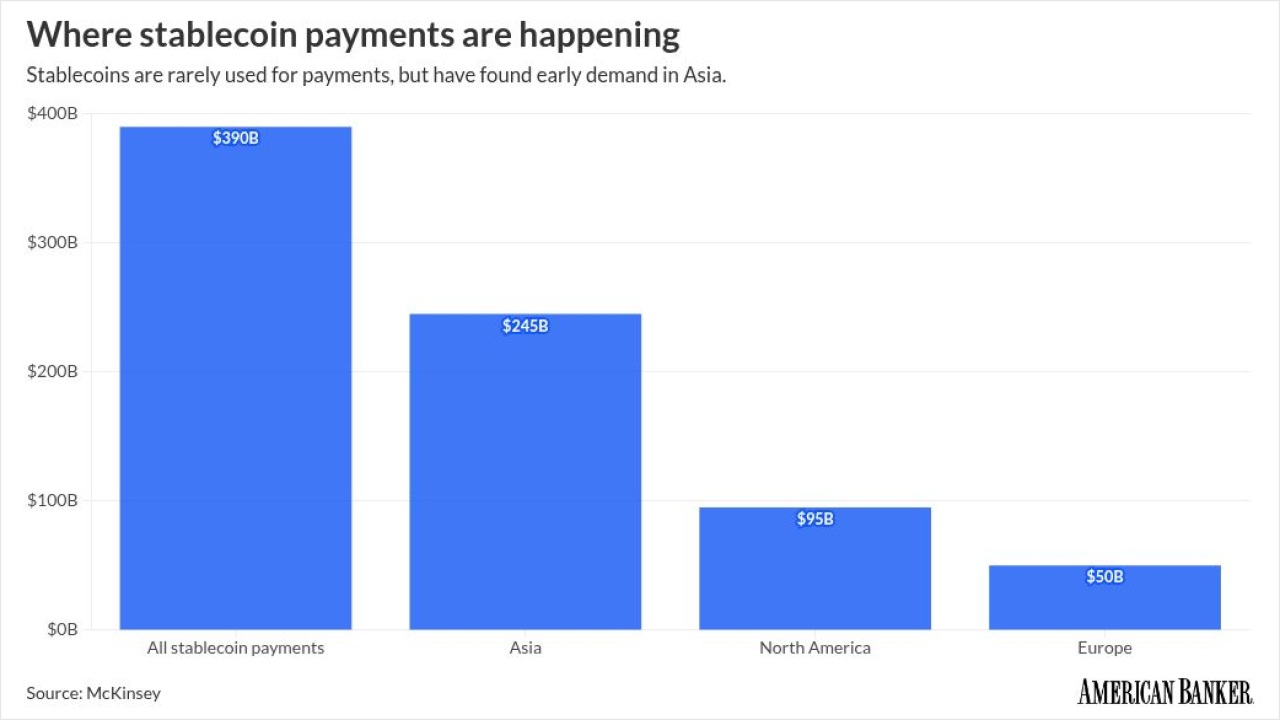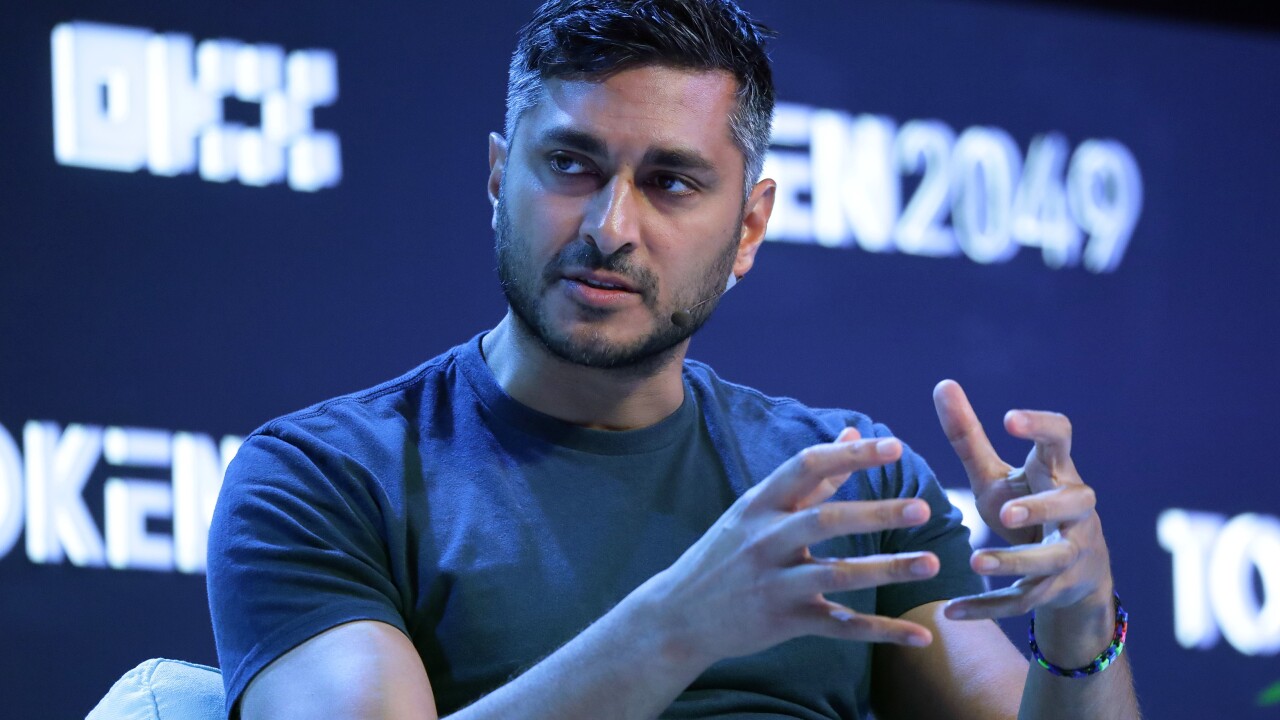It's cheap and relatively secure and it's worked brilliantly for decades, so what's wrong with the Automated Clearing House network?
Well, nothing, except maybe the two or three days it takes the system, operated by NACHA and the Federal Reserve, to settle and clear many transactions. And so, some payments startups are attacking the speed problem with new person-to-person payments services, chief among them Dwolla, of Des Moines, Iowa.
Dwolla, which in June rolled out a service it calls FiSync, is trying to appeal to a new generation of consumers, one that is firmly tied to their mobile devices. But to reach this target, Dwolla needs banks and credit unions to sign on.
The company is convinced that financial institutions will want to connect to FiSync, because the service is faster than ACH and just as cheap. (ACH transfers typically cost pennies or less.)
But analysts aren't so sure the pitch will work, given all the competition that exists in the crowded person-to-person payments field.
FiSync is an independent payments network operated by Dwolla, which banks and credit unions access using an open application interface that links directly to a core system. Financial institutions can move funds between customers and businesses seamlessly and instantaneously within the network.
Dwolla, sometimes referred to as the poor man's PayPal because its person-to-person payments are free if they are for less than $10 (and only 25 cents if they are over that amount) has a lot riding on this new service. Cost is the primary appeal for merchants who are fed up with the interchange fees they pay when they accept credit or debit cards.
So far, Veridian Credit Union, of Waterloo, Iowa, is the only financial institution to announce it is using FiSync. That makes sense, since Veridian also holds the money involved in Dwolla transactions, and the credit union service organization it is associated with, Veridian Group, is an investor in Dwolla.
Dwolla says more than a dozen other financial institutions have signed up, but none had gone public as of July.
Eric Kinman, marketing manager for Veridian Credit Union, says FiSync is the "next step" in payments for merchants and consumers.
Specifically, Veridian has 160,000 members and potentially thousands of businesses in Iowa who could pay for things instantaneously using their smartphones and a Dwolla account. That means small businesses avoid costly credit card interchange charges, and they get paid right away.
Ben Milne, Dwolla's founder and CEO, says what makes FiSync different is the real-time settlement of funds. He also emphasizes the low cost.
"If you are a financial institution and you originate a transaction over FiSync, we will charge you the rate you pay for ACH," Milne says. "The cost will never be different from an ACH."
FiSync functions much the same way PayPal does-parties that want to transact do so as book transfers, or a transfer between one account and another within the network.
In order to catch on, "Dwolla will have to achieve a scale similar to PayPal, which had the whole arena of eBay to begin to drive usage," says Beth Robertson, director of payments research at Javelin Strategy and Research.
That's different from other alternative payment platforms announced recently, including ClearXchange, a consortium of Bank of America, Wells Fargo and potentially JPMorgan Chase, which will jointly allow millions of their customers to transact person-to-person payments without having to exchange account numbers. (These payments won't happen in real time, however, analysts say.)
And Dwolla may not be able to compete on cost forever. A recent study by CEB TowerGroup shows that the average Panera franchise, which nets $ 2.3 million annually on average, would pay $8,000 in fees to Dwolla compared with $58,000 to Visa and MasterCard if all payments were made exclusively with those networks. That's great for the franchisee, but perhaps less so for Dwolla.
For its part, Dwolla says it has very low overhead, but it's also pea-size compared to the likes of Visa and MasterCard.
Andy Schmidt, the research director for global payments at CEB TowerGroup, says growth is critical for FiSync. "It is certainly an interesting play and there is certainly value in it for the merchants, but I am anxious about the adoption curve," Schmidt says.
Milne doesn't seem anxious at all, saying he expects FiSync to attract the audience it needs. "The technology works; it isn't vaporware," he says. "We have a good shot."





